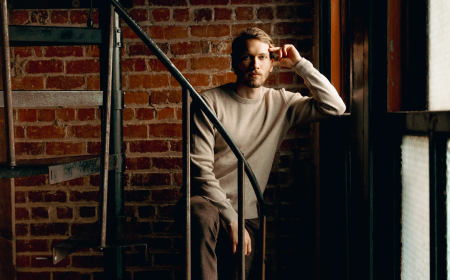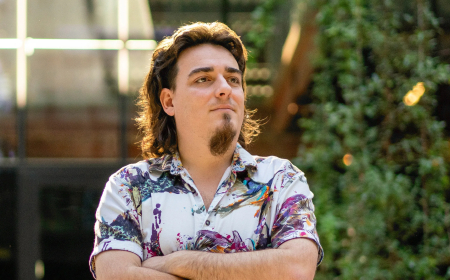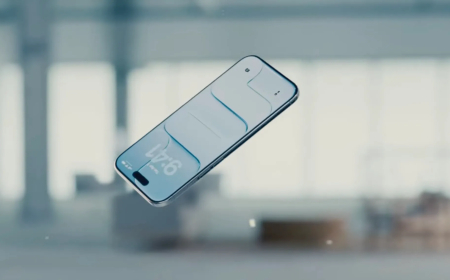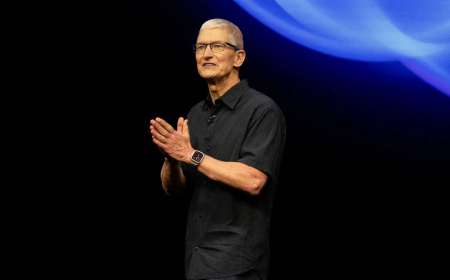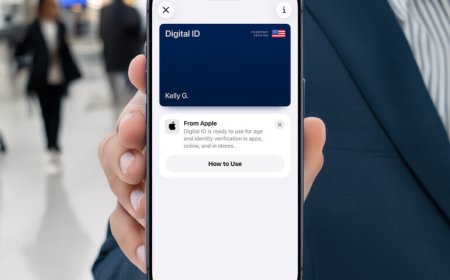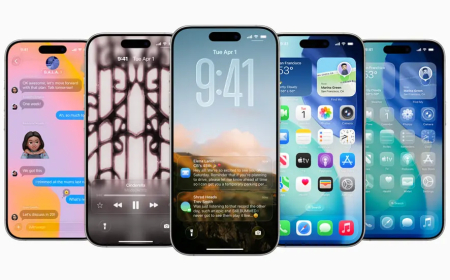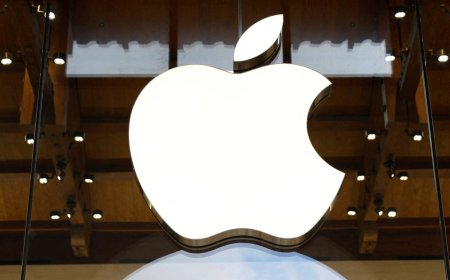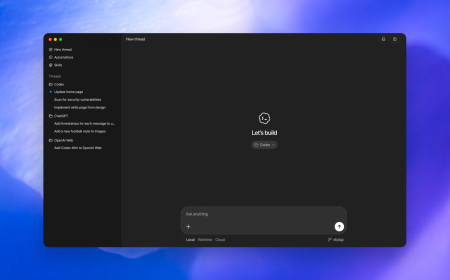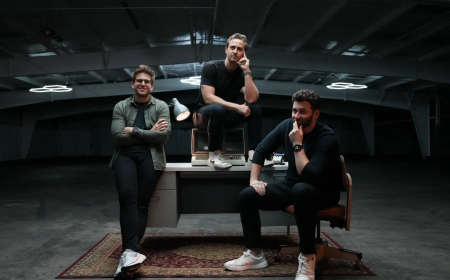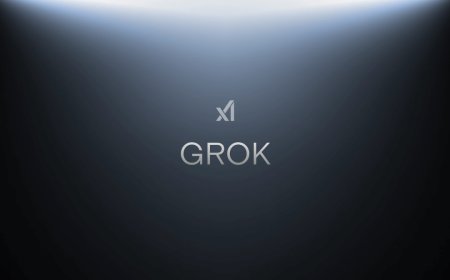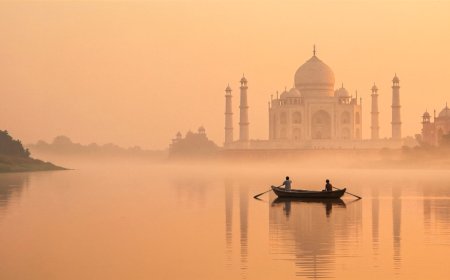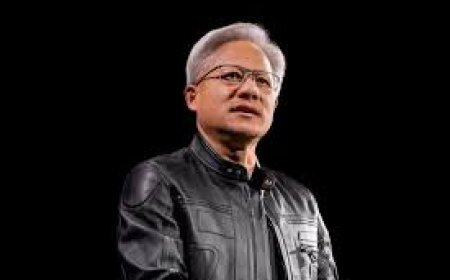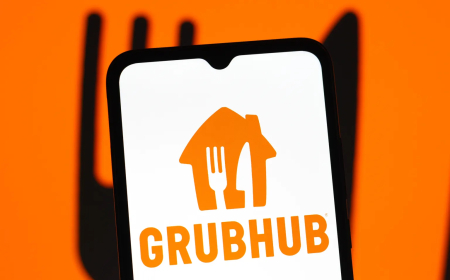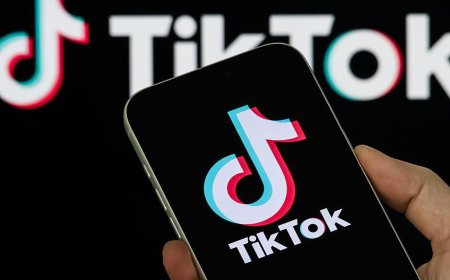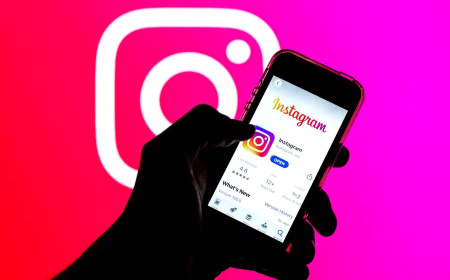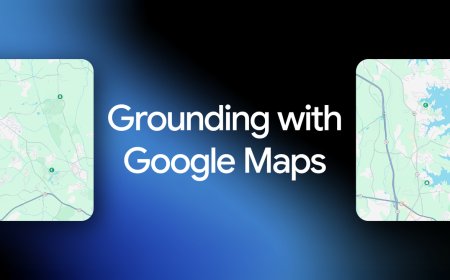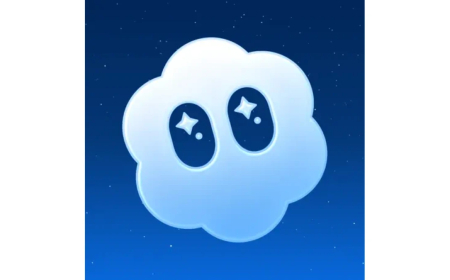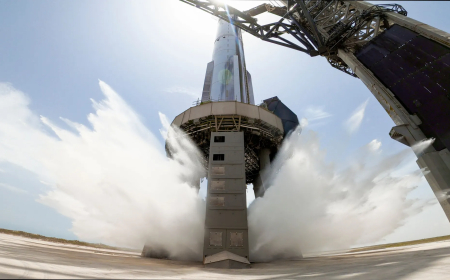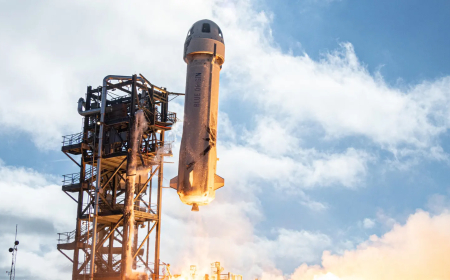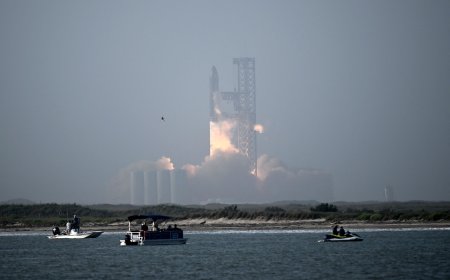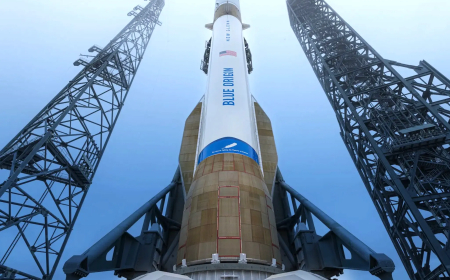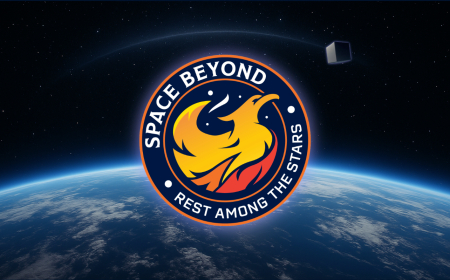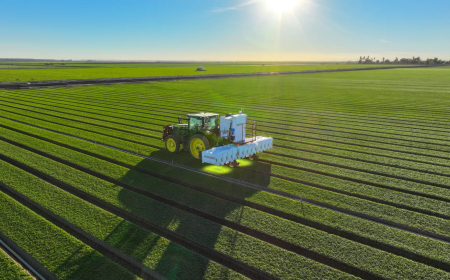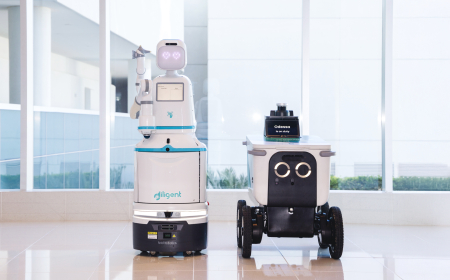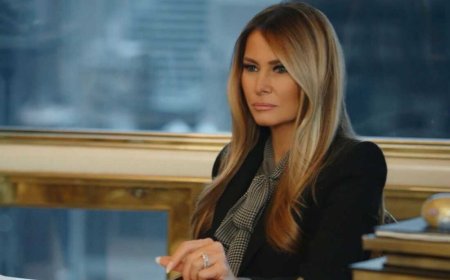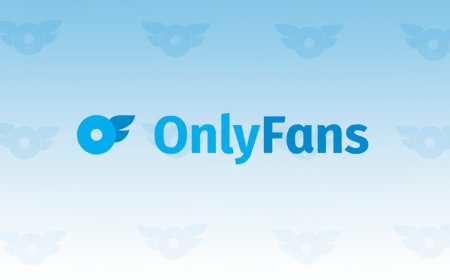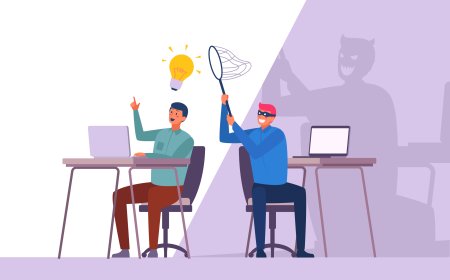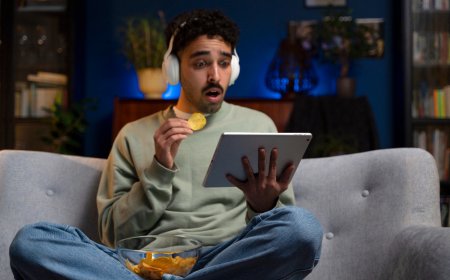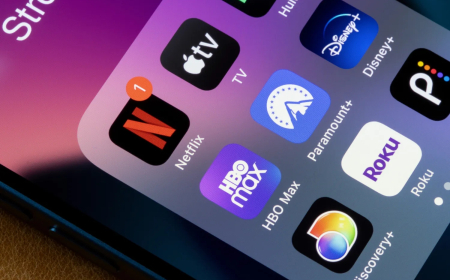Instagram Head Adam Mosseri Pushes Back on MrBeast’s AI Fears but Admits Society Will Have to Adjust
Instagram head Adam Mosseri discusses the impact of AI on content creation, pushing back on MrBeast's fears while acknowledging the need for societal adjustments. He highlights the benefits of AI for creators but cautions about its potential misuse.
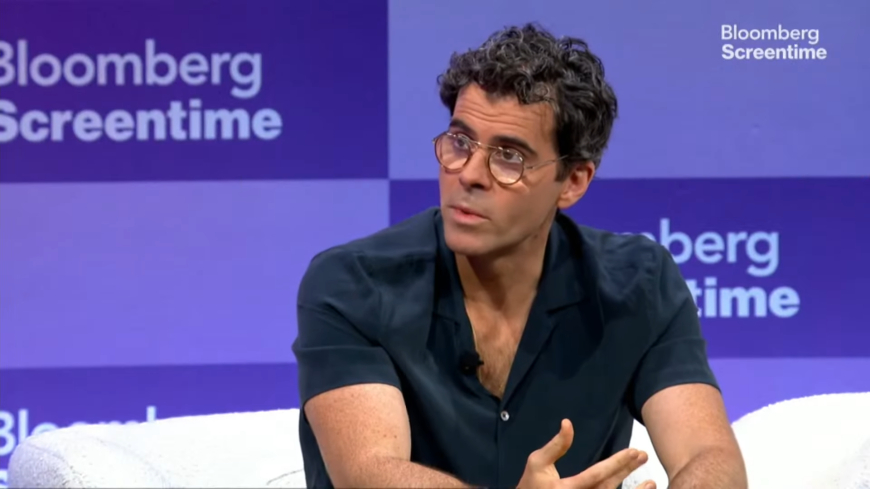
Instagram head Adam Mosseri shared his thoughts on the evolving role of AI in content creation during an interview at the Bloomberg Screentime conference this week. He acknowledged that while AI will transform the creative landscape, giving people who couldn't be creators before the ability to produce content at scale, there are challenges ahead, particularly with bad actors using the technology for nefarious purposes.
Mosseri was asked about the recent comments from MrBeast (Jimmy Donaldson), who expressed concerns on Threads that AI-generated videos could pose a threat to creators' livelihoods, calling it "scary times" for the industry. Mosseri, however, disagreed with MrBeast's perspective, noting that most creators won't use AI to replicate the grandiose productions of MrBeast's elaborate sets. Instead, AI will empower creators to produce better content with fewer resources.
"If you take a big step back, what the internet did, among other things, was allow almost anyone to become a publisher by reducing the cost of distributing content to essentially zero," Mosseri explained. "And what some of these generative AI models look like they're going to do is they're going to reduce the cost of producing content to basically zero," he said. However, Mosseri acknowledged that this cost reduction does not reflect the actual financial, environmental, and human costs associated with AI use.
Hybrid Content and Blurring Lines
Mosseri also highlighted the growing trend of hybrid content on social media platforms, where creators integrate AI into their workflows without entirely relying on synthetic content. For example, creators might use AI tools for tasks such as colour correction or filter application. According to Mosseri, the line between real and AI-generated content will continue to blur.
"It's going to be a little bit less about what is organic content and what is AI synthetic content, and what the percentages are," Mosseri explained. "There's going to be more in the middle than pure synthetic content for a while."
As AI continues to impact content creation, Mosseri admitted that Meta has a responsibility to identify AI-generated content, but noted that previous efforts to label AI-generated content automatically were problematic. Meta had initially tried to auto-label AI-generated content but ended up mislabeling real content, as AI tools (including those from Adobe) were already part of the creative process. Mosseri suggested that Meta's labelling system needs further refinement.
Meta's Responsibility and Society's Role
While acknowledging Meta's role in labelling, labelling AIMs, Meta's CEO, Mark Zuckerberg, emphasised that the whole would need to adapt. An example of how his own children—nine, seven, and five years old—will need to understand that just because a video appears online doesn't mean it's real. "When I grew up, and I saw a video, I could assume that it was a capture of a moment that happened in the real world," Mosseri said. "But my kids, as they grow up and get exposed to the internet, will need to think about who is saying it, who's sharing it, and what their incentives might be."
This recognition of the shifting landscape also underscores the need for critical thinking in today's digital age, with Mosseri noting that it would be a mental adjustment for children to navigate the complexities of digital content.
The Future of Instagram and Competition with TikTok
In addition to discussing AI, Mosseri shared insights on Instagram's future direction. He mentioned the company's plans for a dedicated TV app and how the increasing focus on Reels and DMs is a direct response to user trends. When asked about the competitive landscape, particularly in light of TikTok's changing ownership in the U.S., Mosseri embraced the idea of competition.
"TikTok's U.S. presence has forced Instagram to do better work," Mosseri said. Regarding TikTok's future in the U.S., he explained that the app's core functionality is unlikely to change significantly. "It's the same app, the same ranking system, the same creators that you're following — the same people. It's all sort of seamless," he said. "It doesn't seem like it's a major change in terms of incentives."
What's Your Reaction?
 Like
0
Like
0
 Dislike
0
Dislike
0
 Love
0
Love
0
 Funny
0
Funny
0
 Angry
0
Angry
0
 Sad
0
Sad
0
 Wow
0
Wow
0

